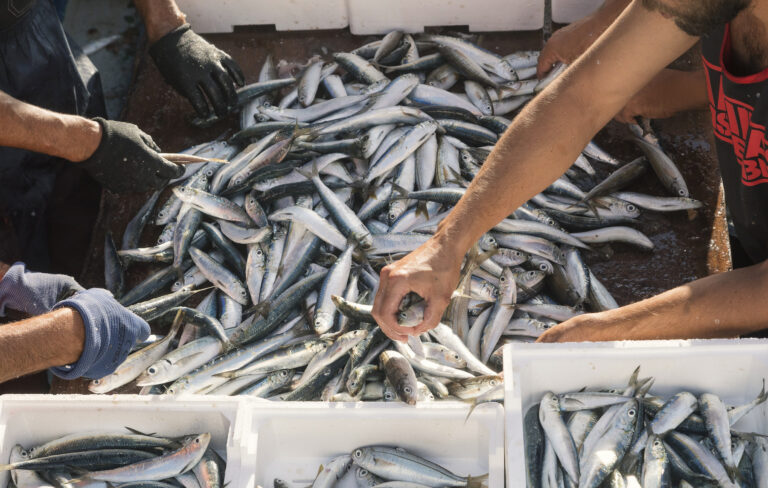
Extractive Practices & Biodiversity
Intensive and unsustainable fishing practices represent significant causes for the marine environment destruction. This includes illegal fishing methods, bottom trawling, and dynamite fishing.
Supporting nature-based solutions to climate change adaptation, increasing the efforts to protect and conserve the marine life and reducing anthropogenic water contamination are urgent not only to increase the resilience of coastal communities but also to restore the natural mitigation role of oceans, for the sake of the global society.
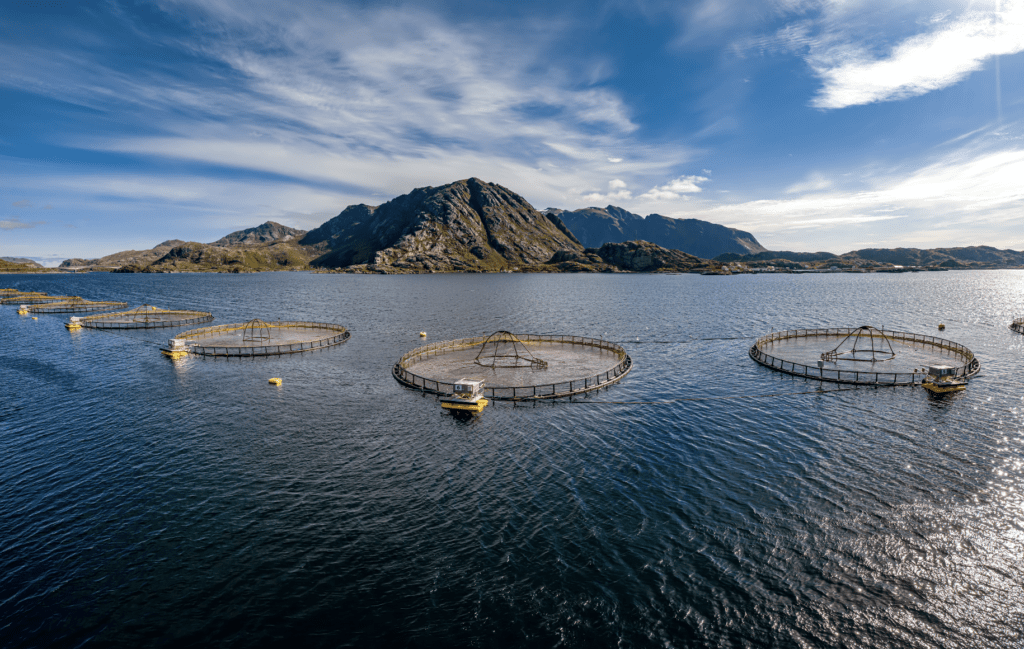
The course modules in the Regenerative Oceans track are addressed through masterclasses and live conversations with experts in the field. The masterclasses are live sessions or thematic videos recorded by experts and provide a general overview of the topics. The current situation and future challenges are further explored and identified.

Intensive and unsustainable fishing practices represent significant causes for the marine environment destruction. This includes illegal fishing methods, bottom trawling, and dynamite fishing.
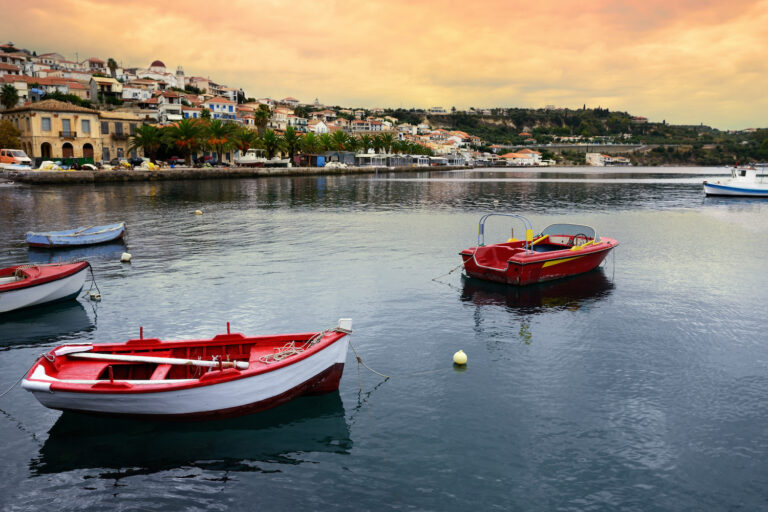
Each food has a different ecological footprint. This means that through our food choices and diets, we can contribute to worsen or mitigate the effects of climate change.
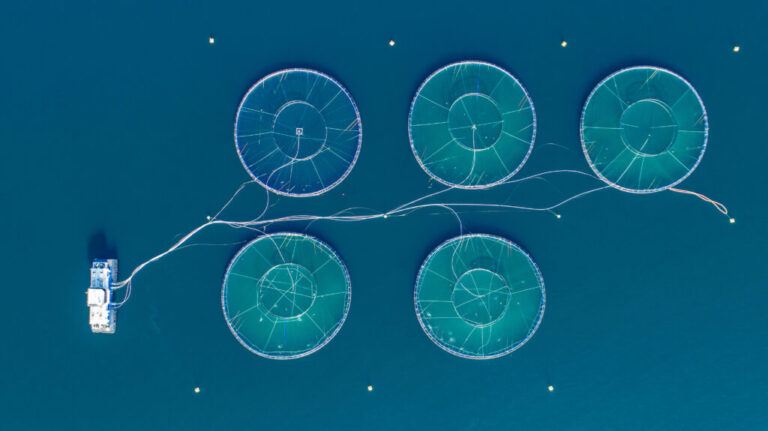
Over the last 50 years, ocean warming represents the root cause of the Planet’s warming.
Our open conversations between Future Food and experts dig deeper into thematic topics. Content focuses on sharing insights from daily practice, discoveries, and future solutions. These live sessions are interactive with the possibility to ask questions.
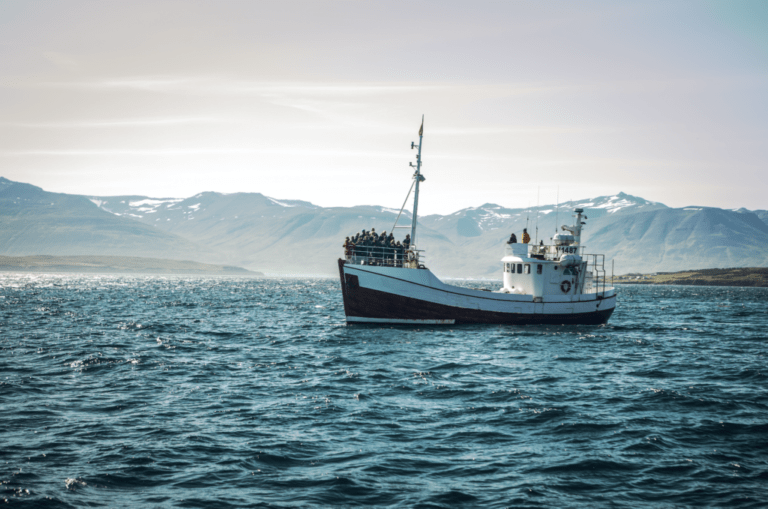
Fish consumption is at the basis of nutrition in coastal and small island developing states. On average, one billion people, living mainly in developing countries, depend on fish as their primary source of proteins.

Sustainable management, conservation, and restoration marine ecosystems is vital to support the oceans’ functions of carbon sequestration and other ecosystem services on which people depend. This includes food security, water efficiency, and coastal management.
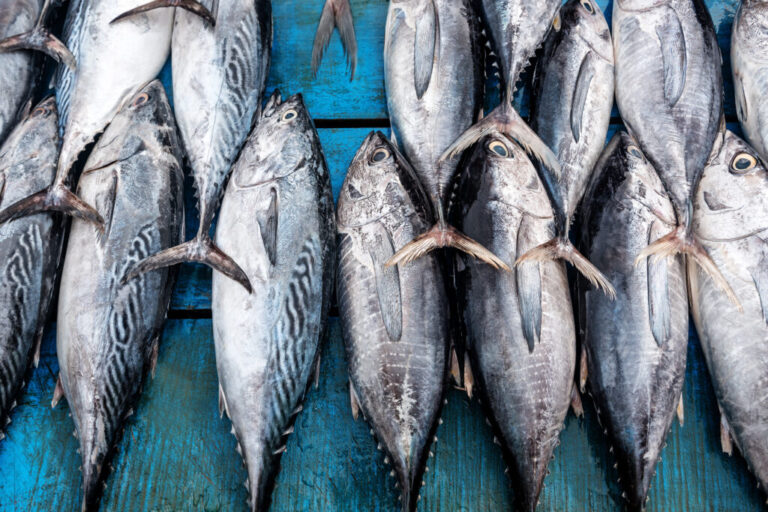
Responsible for releasing significant amounts of fish excreta, antibiotics, and fungicides into surface water, aquaculture further increases the vulnerability of ocean health.
ISTEC, phos-FATE
Managing Partner, Hatch
CEO & Founder, Numer8 Analytics
Director, Karanja Fishing Cooperative Society; Founder, Blucatch
Founder, Overseas Environmental; Biologist, Eldey Aqua
CEO & Founder, aquaai
Assistant Professor, School of Environmental Studies – Queen’s University, Canada
Communication & Community Relations Manager, INECC
Founder, Arctic Caviar; Sales Director Europe, Statsnail AS
*Guests vary depending on the program location and timing, however this list will give you an idea of the type of speakers involved in the Regenerative Oceans track.
| Cookie | Duration | Description |
|---|---|---|
| cookielawinfo-checkbox-analytics | 11 months | This cookie is set by GDPR Cookie Consent plugin. The cookie is used to store the user consent for the cookies in the category "Analytics". |
| cookielawinfo-checkbox-functional | 11 months | The cookie is set by GDPR cookie consent to record the user consent for the cookies in the category "Functional". |
| cookielawinfo-checkbox-necessary | 11 months | This cookie is set by GDPR Cookie Consent plugin. The cookies is used to store the user consent for the cookies in the category "Necessary". |
| cookielawinfo-checkbox-others | 11 months | This cookie is set by GDPR Cookie Consent plugin. The cookie is used to store the user consent for the cookies in the category "Other. |
| cookielawinfo-checkbox-performance | 11 months | This cookie is set by GDPR Cookie Consent plugin. The cookie is used to store the user consent for the cookies in the category "Performance". |
| viewed_cookie_policy | 11 months | The cookie is set by the GDPR Cookie Consent plugin and is used to store whether or not user has consented to the use of cookies. It does not store any personal data. |